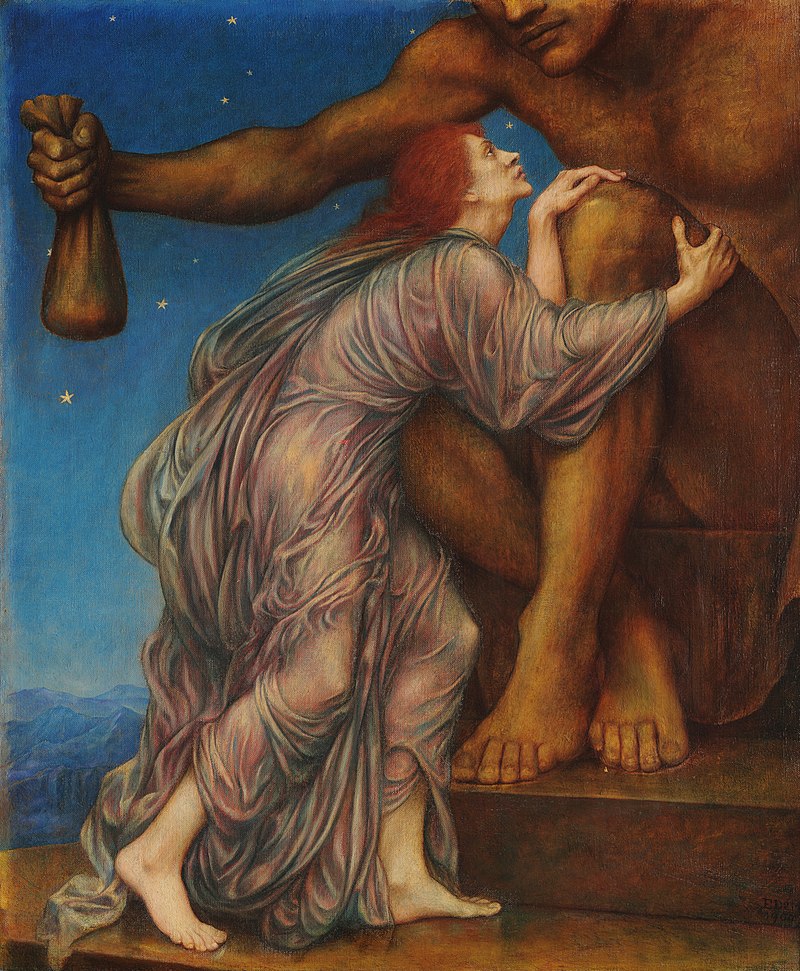. . . ‘Get them then,' says he, 'that
we may have them.'
If
I can get them and keep my self-respect, honor, magnanimity, show the way and I
will get them. But if you call on me to lose the good things that are mine, in
order that you may win things that are not good, look how unfair and
thoughtless you are.
And
which do you really prefer? Money, or a faithful, modest friend? Therefore help
me rather to keep these qualities, and do not expect from me actions
which will make me lose them.
'But
my country,' says he, 'will lack assistance, so far as lies in me.’
Once
more I ask, what assistance do you mean? It will not owe colonnades or baths to
you. What of that? It does not owe shoes to the blacksmith or arms to the
shoemaker; it is sufficient if each man fulfills his own function. Would you do
it no good if you secured to it another faithful and modest citizen?
'Yes.’
Well,
then, you would not be useless to it.
'What
place then shall I have in the city?'
Whatever
place you can hold while you keep your character for honor and self-respect.
But if you are going to lose these qualities in trying to benefit your city,
what benefit, I ask, would you have done for her when you attain to the
perfection of being lost to shame and honor?
—Epictetus,
The Handbook, Chapter 24 (tr
Matheson)
Epictetus
has just told us that we don’t have wealth and influence within our power. What
is our response? Well, let’s find a way to go and get them within our power.
Perhaps
we misunderstood. It isn’t that we don’t have them right now, it’s that we can
never have them. To think that I can ever become the master of my circumstances,
to possess things other than myself, is one of those big lies the world tells
us from day one. As soon as I desire them, I do not possess them, but I have
permitted them to possess me.
Linked
closely to that lie is another one, that it is possible for me to maintain my
character and pursue a life dedicated at the same time to wealth, pleasure, and
power. The measure of defining myself by the excellence of my thoughts and
deeds is diametrically opposed to the measure of defining myself by what
happens to me. A man will give anything for what he loves the most, and if he
loves money and influence, he will surely sacrifice his virtue for it.
No one can serve two masters; for either
he will hate the one and love the other, or he will be devoted to the one and
despise the other. You cannot serve God and mammon.
A
virtuous grasping man is about as possible as a faithful adulterer, or a fair
thief, or an honest flatterer.
I have long
appreciated Epictetus’ question: which would I prefer, wealth or a faithful
friend? I can estimate both myself and others quite well by this standard. I
have known many people who would choose the wealth, though they might not be
very honest in admitting it, and I have known many people who would say they
would like both, please.
The
first person has chosen to dispose of his moral dignity, while the second is
kidding himself. Both are the sorts of people best avoided, as hard experience
has taught me.
Another
way of asking the same question is simply to ask what someone would like to be.
Notice how they understand those words will lead to very different sorts of
answers. I knew a girl once, quite to my detriment, who told me that what she
wanted most was to be a lawyer and a singer. Now that sounds perfectly harmless
at first, but that was what she thought defined her, and she lived in a way
that showed how she was beholden to externals. Another girl once told me she
wanted to be the best friend she could be. I married her.
We might
ask ourselves what makes a person be a benefit to society. Notice how often we
are impressed by the rich and powerful, who often became rich and powerful precisely
because of their greed and dishonesty, giving so freely of their bounty, and we
say that they are pillars of the community. I, for one, prefer to admire the
humble, honest man whose labors are so taken for granted. He is the real pillar
of the community, not because he is rich in power or possessions, because but
he is rich in virtue.
I have
long lost track of the number of times I have heard people tell me that it is
sometimes necessary to compromise integrity or justice in order to get things
done. I have been told, for example, that it was necessary to tolerate a sex
offender to save the reputation of the Church, or that it was acceptable to
change a student-athlete’s grades for the good of the team and the school, or
that a resume didn’t have to be totally honest as long as it got someone a job.
There
are no victimless crimes, because at the very least a man has harmed himself
when he acts poorly. As soon as a he has sold his character by acting unjustly,
he no longer has anything of worth to give to anyone.
Image: Evelyn De Morgan, The Worship of Mammon (1909)


No comments:
Post a Comment